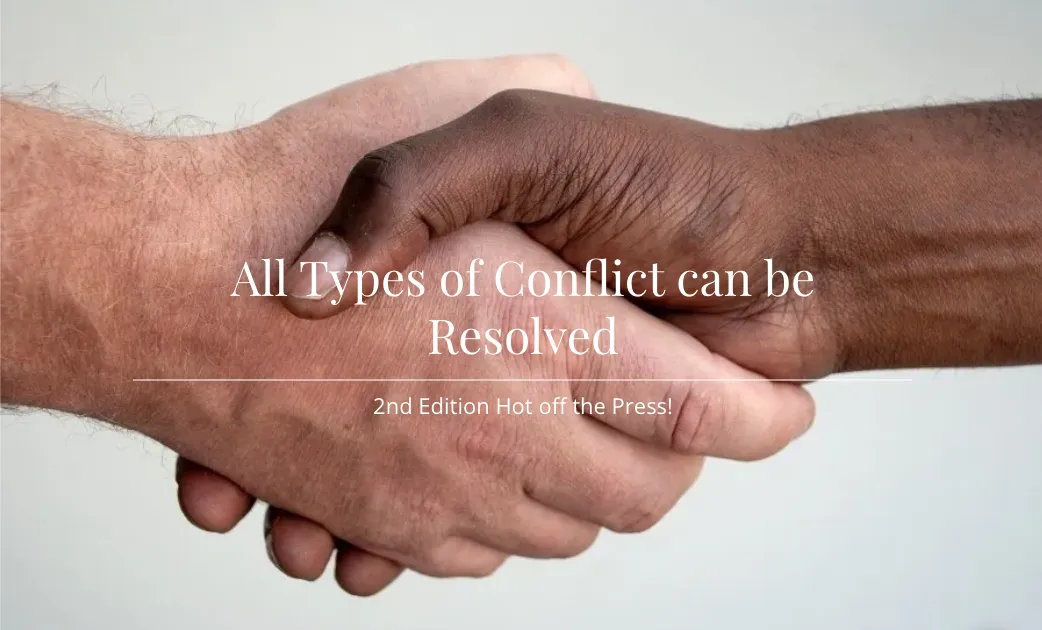Contact Us
Seeking mediation or arbitration services to resolve disputes effectively and amicably? Our experienced team is here to assist you. Please feel free to reach out to us at [Phone Number] or email us at [Email Address] for inquiries, consultation requests, or to discuss your specific case. We are dedicated to facilitating peaceful and fair resolutions to your disputes, ensuring a harmonious outcome for all parties involved.
Get In Touch
FAQS
What is the difference between mediation and arbitration?
Mediation and arbitration are both alternative dispute resolution methods, but they differ in their processes and outcomes. In mediation, a neutral third party, known as a mediator, facilitates discussions between the parties in conflict to help them reach a mutually agreeable solution. The mediator does not make decisions but instead assists in communication and problem-solving. In contrast, arbitration involves a neutral third party, called an arbitrator, who acts as a decision-maker. The arbitrator reviews evidence, hears arguments, and renders a binding decision. Mediation is often less adversarial and offers more control to the parties, while arbitration provides a final decision when parties cannot agree.
How long does the mediation or arbitration process typically take?
The duration of mediation or arbitration can vary significantly depending on the complexity of the dispute and the willingness of the parties to cooperate. Mediation is generally more flexible and can conclude in a matter of hours or a few sessions, whereas arbitration may take longer, ranging from several weeks to several months. The key advantage of both processes is that they are typically faster than traditional litigation, which can drag on for years. The exact timeline will be influenced by factors such as the number of issues to resolve, the level of cooperation among the parties, and the availability of the mediator or arbitrator.
Is the outcome of mediation or arbitration legally binding?
The outcome of mediation is not legally binding unless the parties agree to formalize their agreement into a legally binding contract or settlement. Mediation is a voluntary process, and any agreement reached is based on the willingness of the parties to comply. In contrast, the outcome of arbitration is typically legally binding and enforceable in court. Arbitration agreements often specify that the decision of the arbitrator is final and can be enforced through legal means. It's crucial to carefully review the terms of the mediation or arbitration process and any resulting agreements to understand the legal implications in your specific case.

